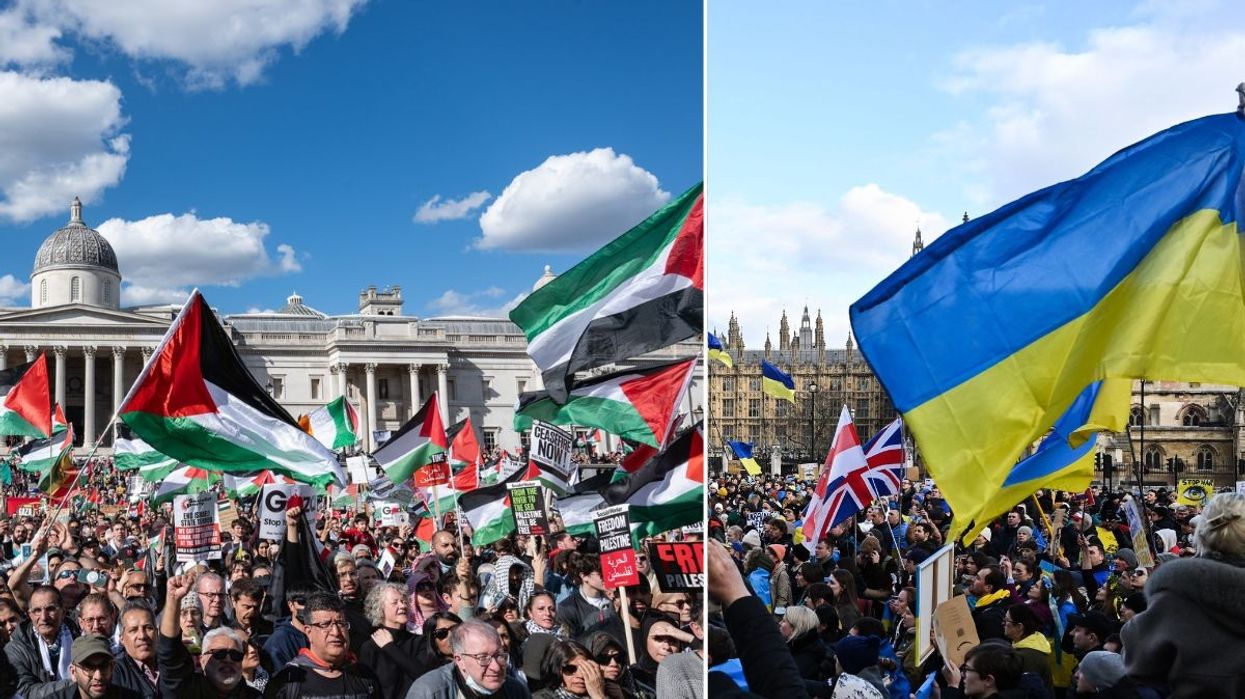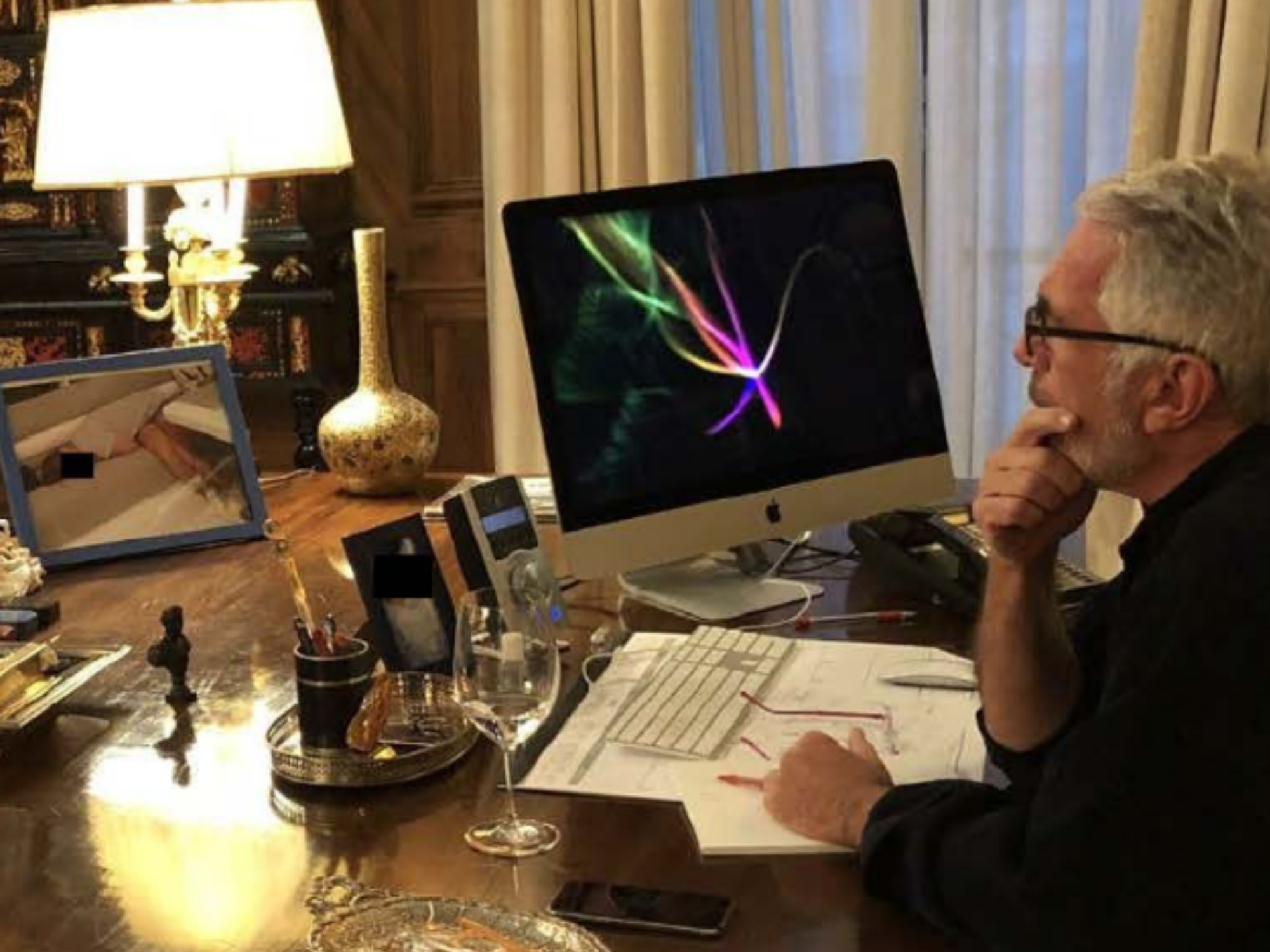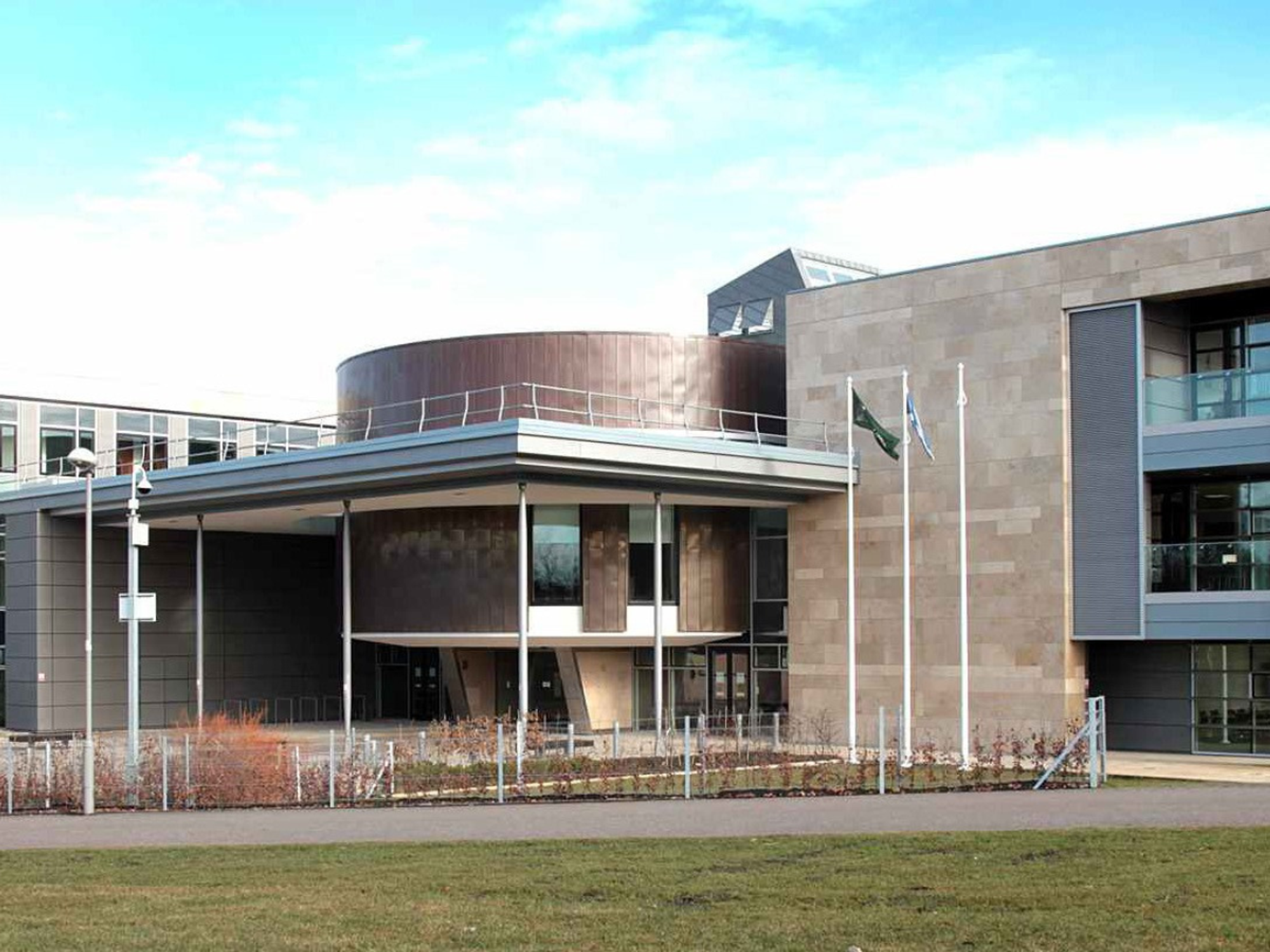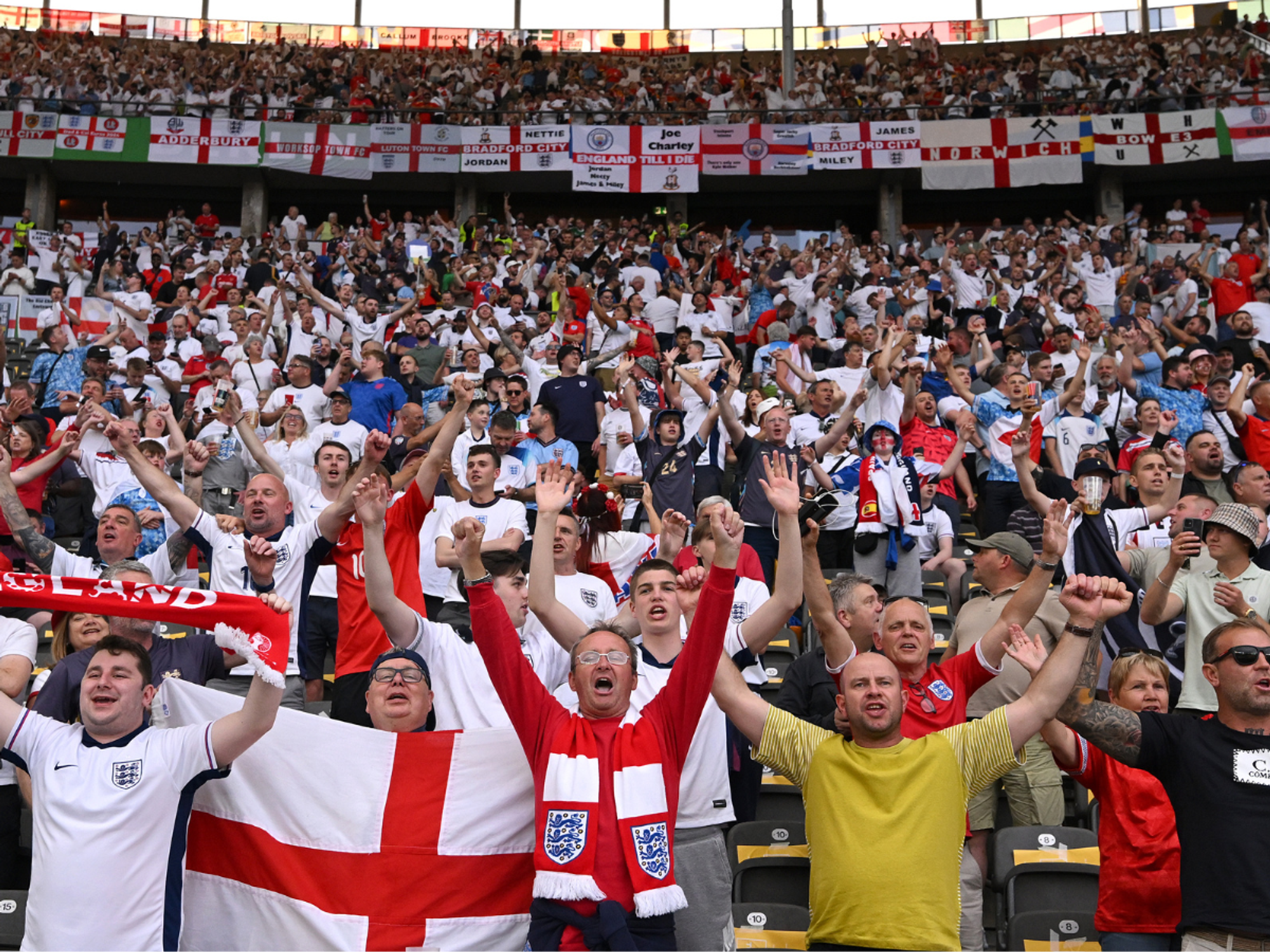Does extremism pose a real threat to the UK? Lord Kulveer Ranger says YES

You people "feel the country they live in is not on their side," says Lord Kulveer Ranger
|Getty
Lord Kulveer Ranger, a member of the House of Lords talks about British values, immigration and extremism in the UK
Don't Miss
Most Read
Are we a country of extremists? No. Does Britain have a problem with extremism? Not yet. Does extremism pose a real threat to the UK? Yes. Especially if our young start to support those that look to fracture community cohesion, lose respect for the rule of law and lose sight of British values.
Let us look at how the British glass on social integration is more than half full.
We are an accepting country. Generations of immigrants; the Irish, the post-World War II Jewish and European migrants, the Windrush generation of Afro-Caribbeans, South Indians via East Africa and from India in the 60s and 70s - all these groups built deep economic foundations, through entrepreneurship as well as hard work to build our public services, whilst some even changed the nations tastebuds by delivering chicken tikka masala!
Then there was the wave of European migration through the late 90s and 2000s.
Via the EU’s policy of freedom of movement, hundreds of thousands of hard-working Europeans, particularly from Eastern Europe, came to work, earn and build new lives for themselves in the UK just as every wave had done before them.
Britain accepted them. As long as there was a sense of becoming part of Britain, gradually a modern integrated British society evolved.
But I definitely do not view the last eighty years through rose-tinted spectacles.
There have obviously been problems. Yes, Enoch Powell spoke for those who saw violence and division in the near future - and these types of people always will – because they fear the ‘change’ others bring.
Yes, there was friction and anger towards newcomers to these shores. The National Front, British National Party, or the English Defence League.
Whatever guise they take, they will always be unable to accept that people with a different shade of skin pigmentation or religious and cultural backgrounds can share common values and live in peace together.
They tried to create hatred and violence but these bigots failed. The great thing is that on this beautiful island, the majority have demonstrated that you can do it.
Share values, respect each other’s different beliefs but respect that we are bound by common law and nationhood.
You do not have to take my word for it, for our politics, our media, our culture, our schools, and universities and our many, many places of worship show us all each day that our country leads the world in acceptance of each other.
But is our hard-fought success starting to be undone? Is the fact that the protests on our streets are starting to drive division and generate fear and even hate from one group of British citizens against another.
I would never want to deny the right to protest. As well as it being a fundamental human right, the ability to challenge and express freedom of speech is a critical check and balance on society and its actions.
However, when we see that those protesting are not only targeting their perceived opponents but also the institutions of the country they reside in. They feel the country they live in is not on their side. And this has been particularly visible in the volume of young people involved in the pro-Palestine protests and the many university students and / or people on university campuses who have decided to protest.
These young people are demanding immediate negotiations over what they call the ‘Israel-Gaza conflict policies.’ Some highbrow academics salute these students, admiring their determination to highlight the humanitarian disaster that we all are witnessing every night through our TV screens.
But these students believe their universities, and their country, are not doing the right thing and demand more. They want to pressure and influence the very institutions they decided to join in search of educational enlightenment.
LATEST DEVELOPMENTS:
There is much said about the current Gen-Z generation. Every generation is criticised by those ahead because just like immigrants, they bring change. But this generation feels like it does not fully recognise the work done by those before it.
We all share the sadness and grief of the Israel-Gaza conflict. We also share in the grief of the Ukrainian people, and in many, many other conflicts across the globe claiming the lives of the innocent.
But we do not bring that hatred and anger to our nation and our streets. We value what we have, and we demand our politicians do what each of us believes is right but not through creating fear for other communities. This generation of young people is often labelled entitled and self-absorbed.
I do not believe that. What I believe is that by looking at our history. With what Britain has achieved as a society to create a broad, cohesive melting pot of people and communities that live cheek by jowl, our young have the opportunity to face down extremism wherever and whenever it may emerge.
The future is in their hands, let's hope we have done a good enough job at demonstrating what we expect from them.










